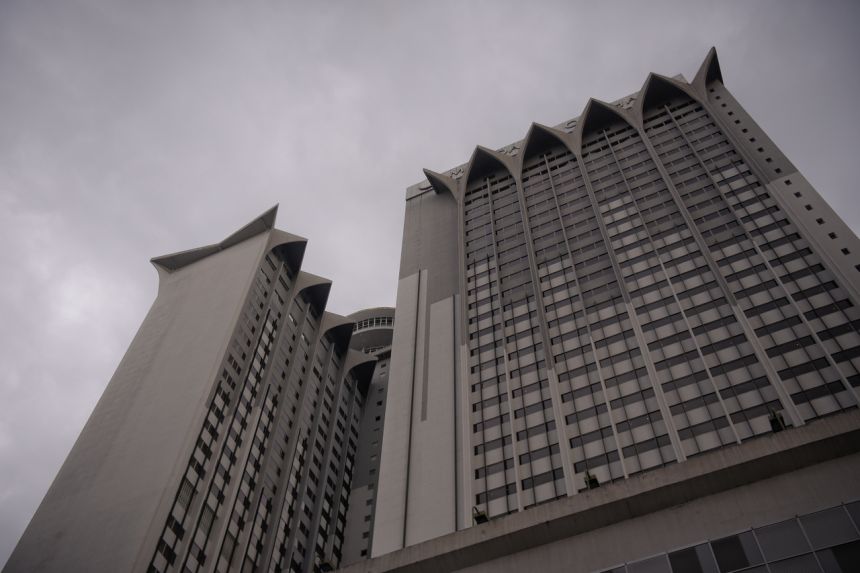Little risk of Covid-19 infection from staying at hotels with guests on SHN: Experts
Sign up now: Get ST's newsletters delivered to your inbox

The number of people serving stay-home notice (SHN) in hotels has also risen in tandem.
ST PHOTO: MARK CHEONG
Follow topic:
SINGAPORE - There will inevitably be more imported Covid-19 cases here, but experts say this will not be of great concern.
They noted that more travellers are returning during the festive period, especially since the outbreak in some countries is worsening during winter.
Case numbers could rise if border restrictions are eased in the coming months.
Imported cases have increased from single to double digits in the past two weeks, with 21 new infections last Wednesday (Dec 23). The number of people serving stay-home notice (SHN) in hotels has also risen in tandem.
People taking staycations do not need to worry about getting infected if they book a hotel that also serves those on SHN, said Professor Teo Yik Ying, dean of the National University of Singapore's (NUS) Saw Swee Hock School of Public Health.
"Generally, hotels hosting SHN travellers are required to practise certain protocols, especially in ensuring SHN travellers and holidaying guests do not mingle," Prof Teo said.
"This may mean that SHN travellers are housed in a dedicated wing or on dedicated floors."
If protocols are followed properly, the chance of holidaying guests being infected by SHN travellers is very small, he added.
Prof Teo's remarks follow the recent Mandarin Orchard hotel incident, in which 13 people were suspected to have contracted the virus while on SHN.
"But I expect this likelihood to be even much smaller now, since I'm sure the authorities are reviewing the protocols for hotels that serve both SHN travellers and holidaying guests," Prof Teo said.
But there is a need to understand how the incident happened to prevent a recurrence, he added, noting: "This is the nature with operations, and there will be gaps that will emerge from time to time, and the important thing here is to have a system to look out for these gaps, so they can be plugged and addressed when they occur."
Dr Ling Li Min, an infectious diseases physician at Rophi Clinic in Gleneagles Hospital, echoed similar views, noting that staff serving SHN guests do not serve ordinary guests.
"SHNs and guests on staycations are completely segregated," Dr Ling said.
"As long as everyone continues to be responsible at all levels, we can continue to accommodate both SHNs and regular guests in a safe manner."
Professor Dale Fisher, a senior infectious diseases consultant at the National University Hospital, noted that such hotels are potential hot spots so procedures are critical to ensure separation from those enjoying staycations.
"The Mandarin Orchard hotel event suggests that there was an infection control breach in which spread occurred between travellers (but not to others), a risk that is always present," Prof Fisher said.
"We have also seen breaches in Australia and most recently in Taiwan, where an imported case has caused local transmission."

Prof Fisher added: "I am not concerned over staycations. The threat is obvious and hotels would doubtless ensure segregation of travellers from staycationers. And this case was not that. It was between travellers, so understanding how this could have happened is what is important now.
"This incident is a reminder that quarantine facilities... are our first line of defence from what is happening beyond our borders. The second line is what we do as a community within Singapore with distancing, masks and avoiding large groups."
Associate Professor Alex Cook, vice-dean of research at the NUS Saw Swee Hock School of Public Health, said the incident also shows the value of genomic sequencing as it can uncover possible links between cases.
The Mandarin Orchard hotel cases, who came from 10 countries, were infected by coronavirus strains with high genetic similarity, implying the infections may have come from one source.
"Without genomic sequencing, we'd have been none the wiser about this cluster. It was quite self-contained, there's so far no evidence of it having spilled over from the guests and staff to others in the community," Prof Cook said.

